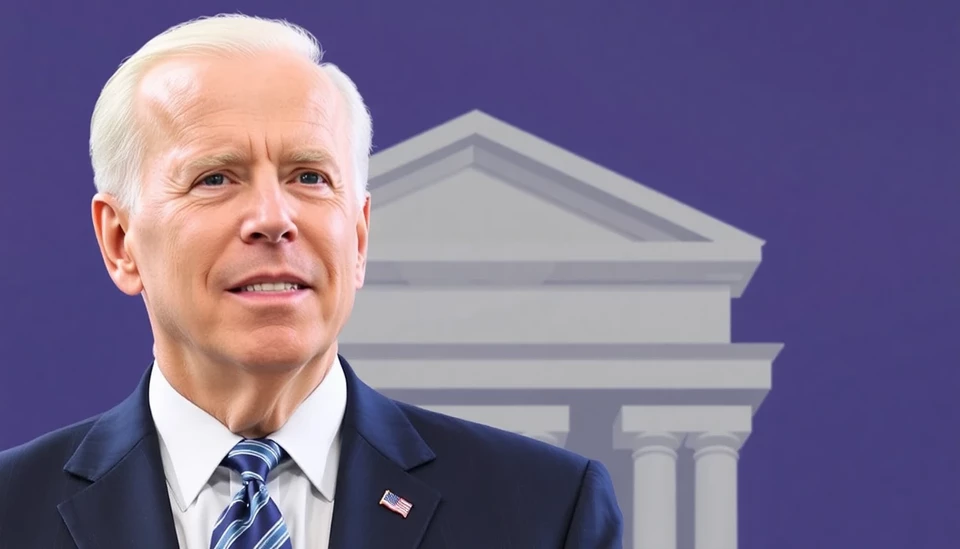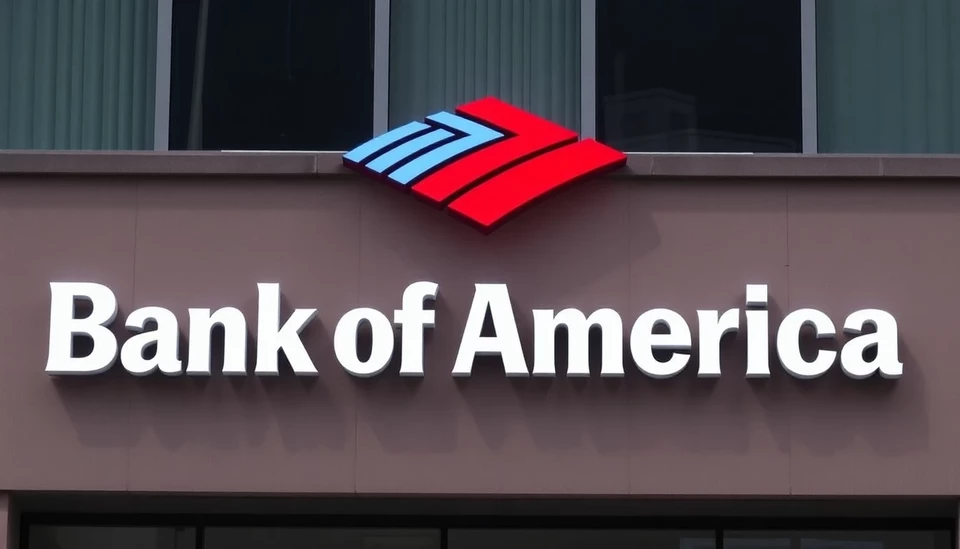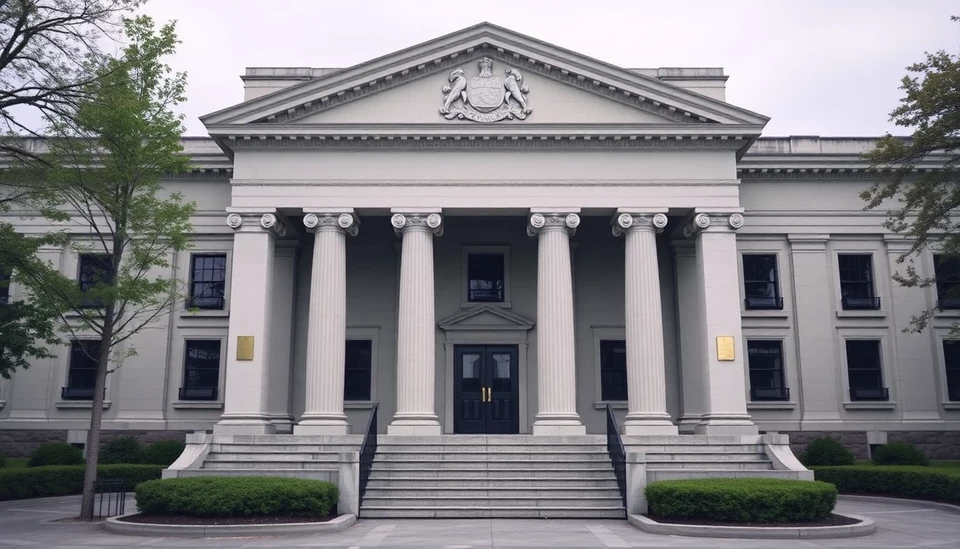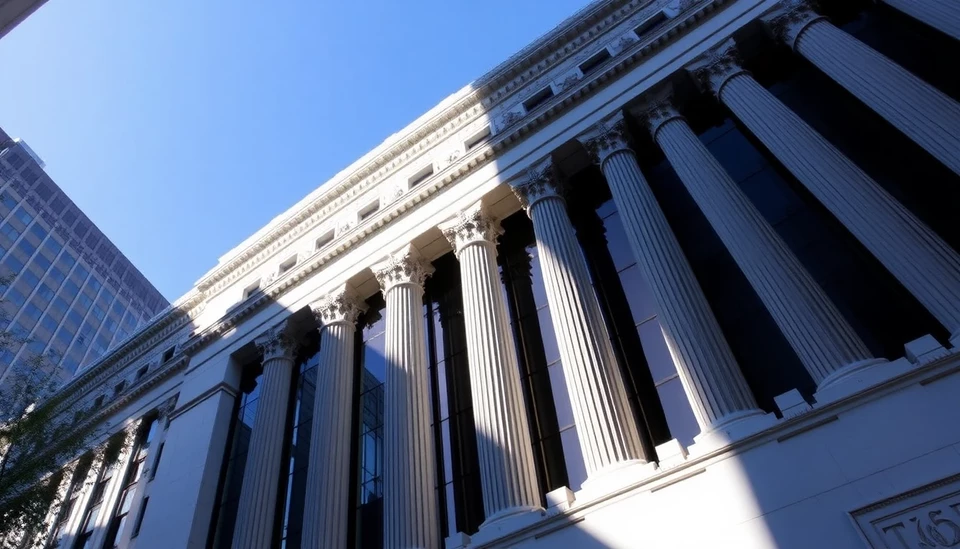
In a significant shift in U.S. banking policy, the Federal Deposit Insurance Corporation (FDIC) has approved changes to regulations governing bank mergers that move away from the stringent measures implemented during the Biden administration. This decision has sparked reactions across the financial sector, raising questions about the implications for competition and market stability.
The new measures aim to simplify the review process for merging banks. The FDIC's vote, reflecting a growing trend towards a more accommodating regulatory environment, allows for expanded merger approvals that prioritize business growth and consolidation within the banking industry. This policy adjustment is seen as a move to foster financial institution expansion, particularly in a time when many banks are grappling with changing economic landscapes and technological advancements.
Supporters of the rollback argue that easing merger restrictions could lead to greater efficiency and service improvements in the banking system. They believe that allowing well-capitalized banks to merge can enhance their competitiveness against non-bank financial entities, ultimately benefiting consumers with improved products and services.
On the contrary, critics express concern that this relaxation of merger standards could reduce competition in the banking sector. They argue that fewer banks means less choice for consumers and potentially higher fees as financial institutions become larger and more dominant in their respective markets. Furthermore, there are apprehensions regarding the regulatory oversight of less-monitored mergers, which could lead to systemic risks and a lack of accountability within larger banking operations.
This decision comes amid ongoing debates about the direction of financial regulation in the United States, as economic pressures continue to push for more lenient approaches in a post-pandemic recovery phase. The FDIC, led by its chairperson, has indicated that their priority is to adapt to the current economic climate while ensuring the stability of the financial system.
The FDIC's action reflects a broader governmental trend towards deregulation of the financial sector by reassessing the strict measures that had been put in place to thwart excessive consolidations and promote fair competition. It is anticipated that the newly approved framework will pave the way for more merger discussions and proposals among banks in the coming months.
As the implications of this policy change unfold, stakeholders across the banking industry—including regulators, financial institutions, and consumers—will be monitoring the effects of these rollbacks on market dynamics and competition.
In response to this landmark decision, industry analysts have begun to project the potential ripple effects that might result from increased bank consolidation. The FDIC's willingness to embrace these changes could reshape the future landscape of American banking, affecting everything from customer experience to the structures of financial services available to consumers.
Given the contentious nature of this shift, it is clear that the debate surrounding the merits and drawbacks of merging banks is far from settled. As discussions continue, the FDIC’s pivotal role in shaping bank regulations will remain in the spotlight, influencing how financial institutions operate and compete within an increasingly complex economic environment.
The future of banking consolidation in the U.S. hangs in the balance, with upcoming mergers expected to be closely scrutinized in light of the current regulatory adjustments. The unfolding dialogue on banking policies underscores the need for a balanced approach that considers both the growth ambitions of the banking sector and the protection of consumer rights in a competitive market.
With this landmark decision, the FDIC has set the stage for a new chapter in the relationship between regulation and banking practices in America, one that will require careful observation and ongoing dialogue among all stakeholders involved.
#FDIC #BankMergers #BidenAdministration #BankingPolicy #FinancialRegulation #EconomicGrowth #ConsumerRights
Author: Samuel Brooks




